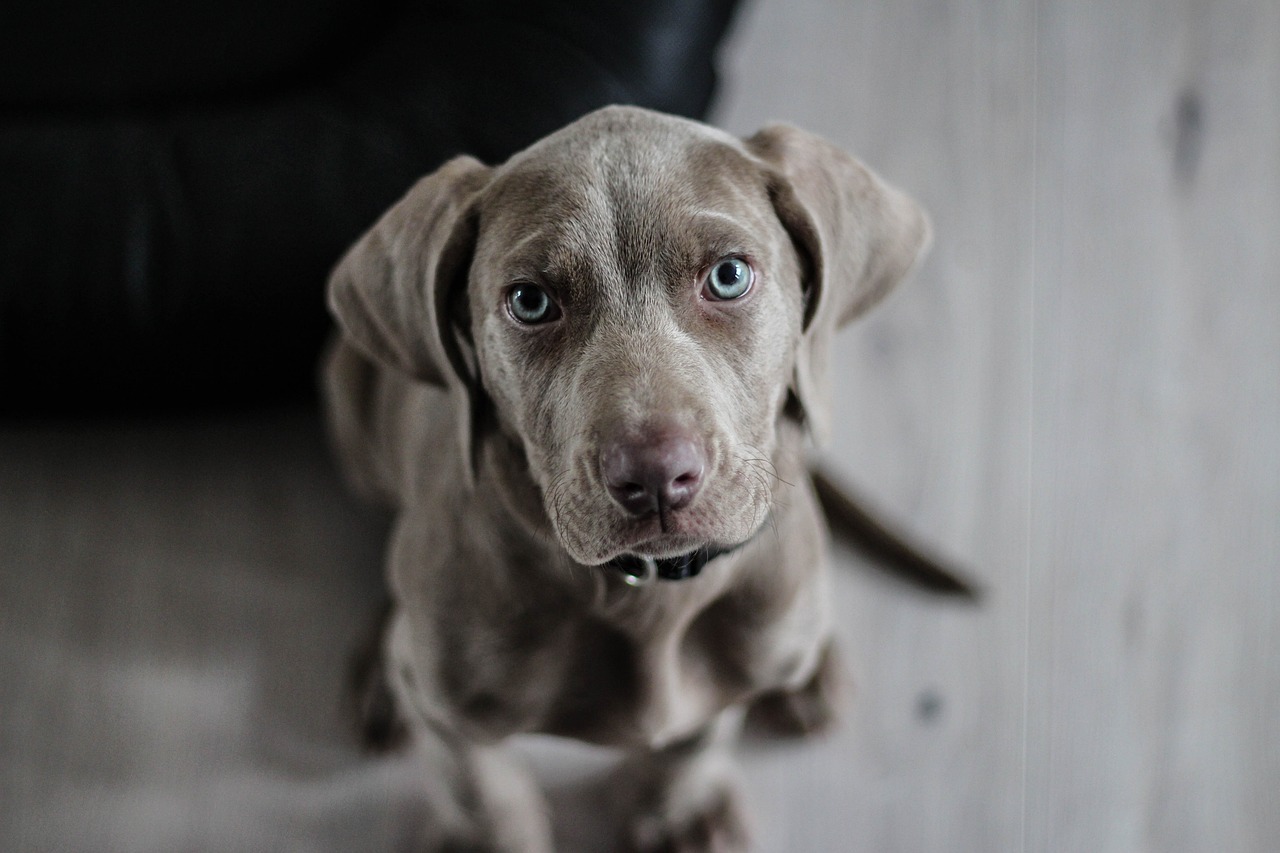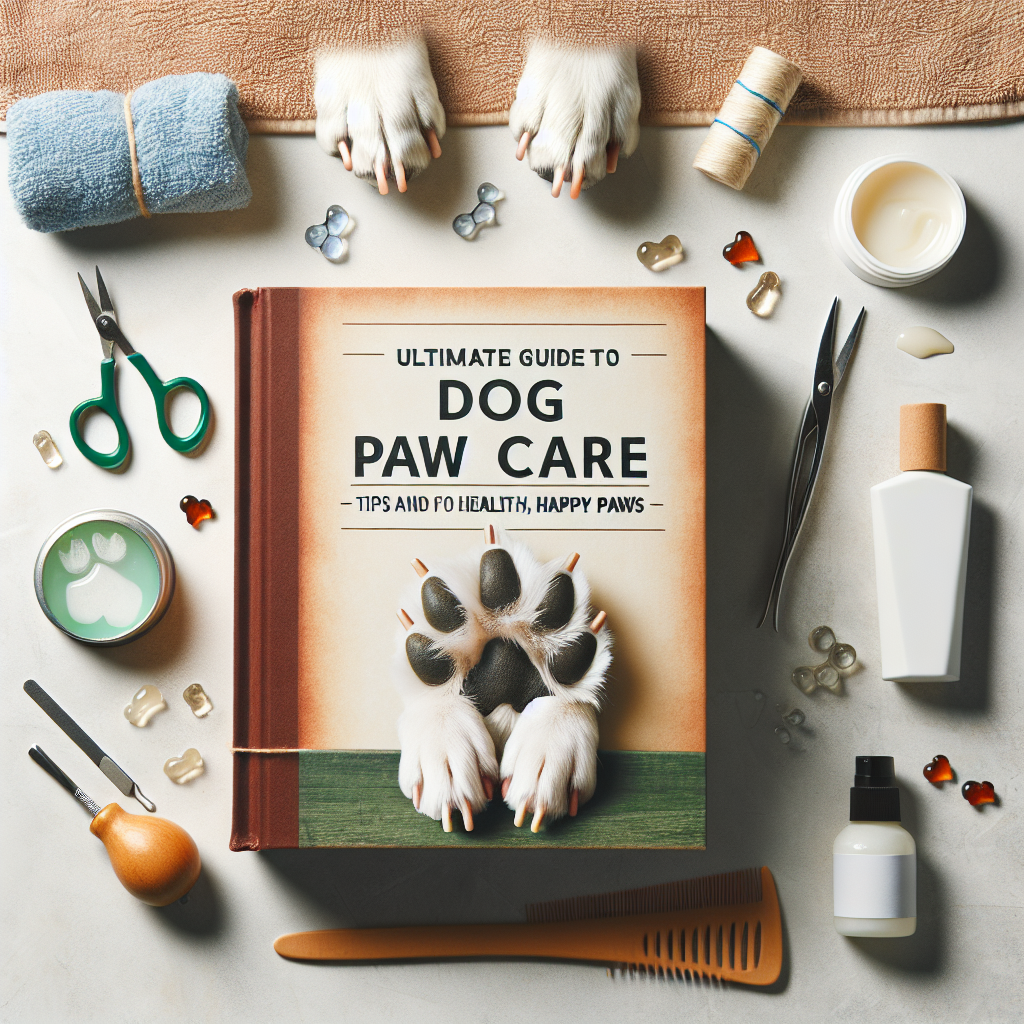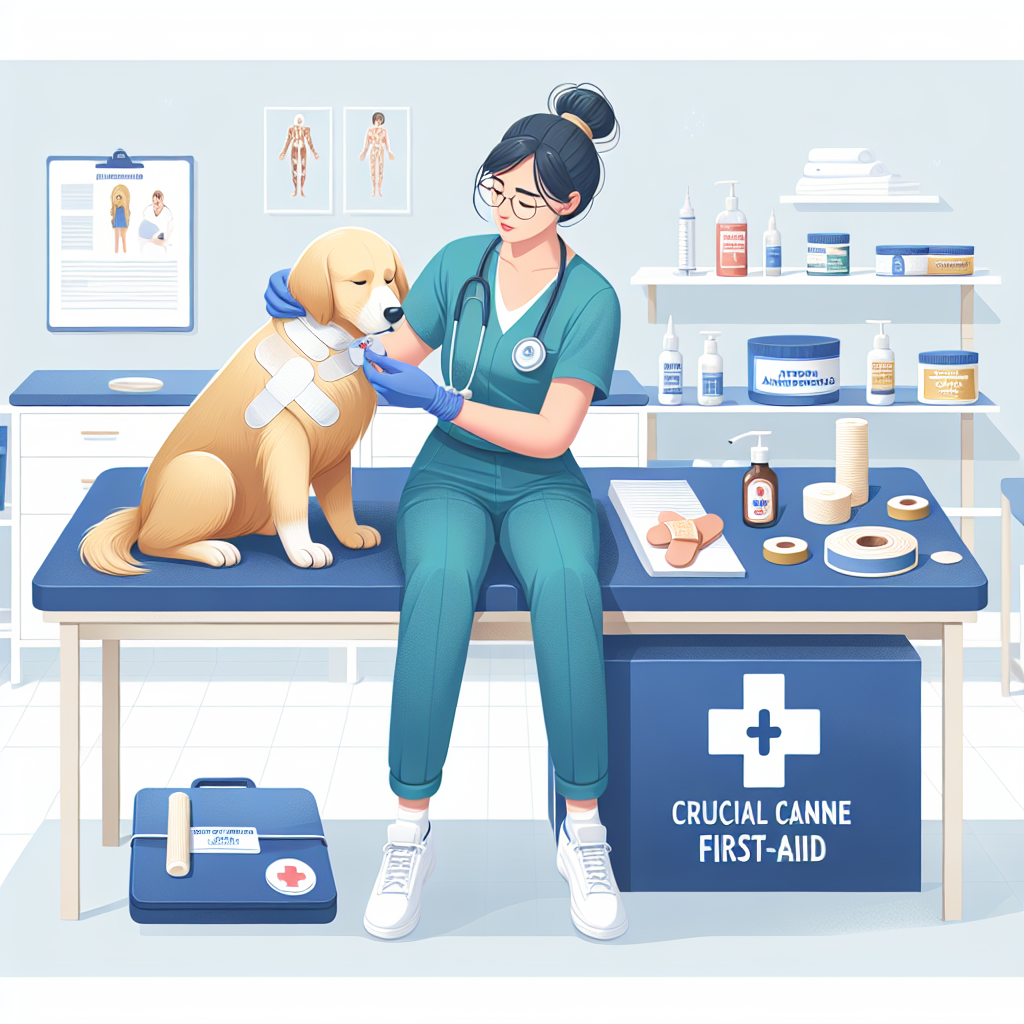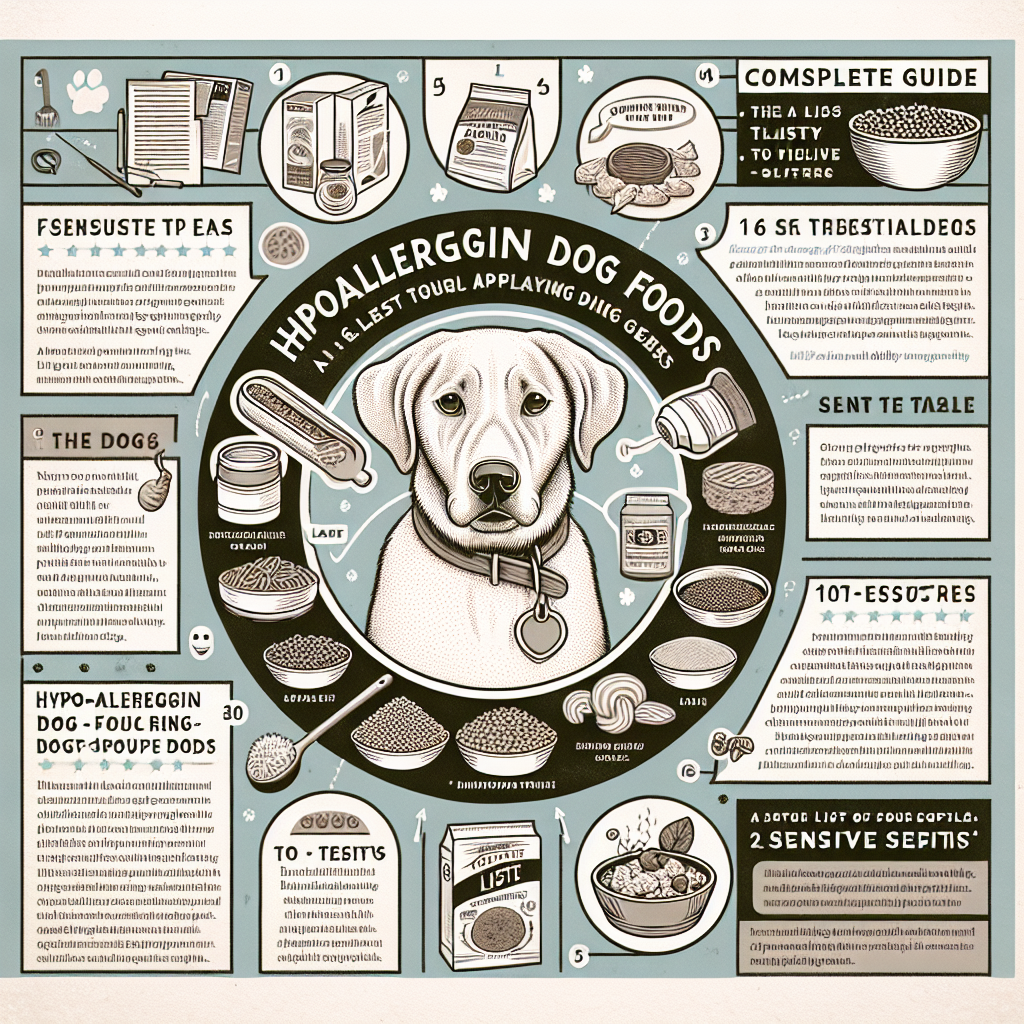
As a dog owner, you probably already know that your furry friend’s health isn’t just about their diet, exercise, or vaccines. Your dog’s skin and coat health are paramount aspects of their overall well-being. A shiny, healthy coat not only looks good but also signals that your dog is thriving. In this detailed article, we will explore the top 10 dog skin care tips that will help you achieve a lustrous, healthy coat for your beloved pet—naturally and effectively.
1. Balanced Diet and Proper Nutrition
Nutritional Requirements
Just like humans, dogs require a proper balance of proteins, fats, vitamins, and minerals to maintain good health. High-quality dog food that includes omega-3 and omega-6 fatty acids, biotin, and zinc can improve skin health significantly.
Omega-3 and Omega-6 Fatty Acids
Fatty acids play a vital role in maintaining a shiny coat. Fish oil, flaxseed oil, and safflower oil are excellent sources of omega-3 and omega-6 fatty acids. You can add these supplements to your dog’s diet, but it is advisable to consult your vet beforehand.
Protein-Rich Foods
Protein is crucial for skin renewal and the growth of a healthy coat. Opt for high-quality, easily digestible protein sources like chicken, turkey, beef, and fish. Foods rich in biotin and zinc, such as eggs and liver, can enhance the quality of your dog’s coat.
2. Regular Grooming
Brushing
Regular brushing helps in removing loose fur, dirt, and dander from your dog’s coat. It also stimulates natural oil production that makes their coat shiny. The frequency of brushing largely depends on your dog’s breed and coat type. Short-haired dogs typically require less frequent brushing compared to their long-haired counterparts.
Bathing
Over-bathing can strip essential oils from your dog’s coat, leading to dry, flaky skin. Generally, bathing your dog once a month is ideal. Use a mild, hypoallergenic dog shampoo that is free from harsh chemicals.
Professional Grooming
Considering professional grooming services can be beneficial, especially for breeds that have dense or long fur. Professional groomers know precisely how to maintain the coat’s natural sheen.
3. Hydration
Proper hydration is crucial for maintaining skin elasticity and coat shine. Always ensure that your dog has access to fresh, clean water. Dehydration can lead to dry, flaky, and itchy skin, which compromises the coat’s luster.
Water-Rich Foods
Including water-rich foods such as watermelon, cucumber, and cantaloupe in your dog’s diet can supplement their water intake.
4. Regular Exercise
Exercise contributes to overall wellness, including skin and coat health. Physical activities enhance blood circulation, which leads to healthier skin cells and fur.
Types of Exercise
Dog-friendly exercises such as walking, running, or playing fetch can keep your pet active and happy. Regular exercise contributes to the natural production of oils in their skin, maintaining its moisture and luster.
5. Avoiding Allergens
Identifying Allergens
Many dogs suffer from skin conditions due to allergies. Identifying and avoiding allergens, whether they are environmental (like pollen or grass), food-based, or chemical, can dramatically improve their skin condition.
Allergy Testing
Consult your vet for allergy testing to identify specific allergens affecting your dog. Once identified, you can take steps to avoid exposure to these irritants.
6. Supplements for Skin Health
Fish Oil
Fish oil is rich in EPA and DHA, two omega-3 fatty acids that have potent anti-inflammatory properties. Adding fish oil supplements to your dog’s diet can help combat dry, itchy skin and significantly improve coat health.
Vitamin E
Vitamin E is a powerful antioxidant that protects skin cells from damage. You can provide vitamin E through diet or in supplement form. Foods rich in vitamin E like spinach, broccoli, and nuts can be beneficial.
Probiotics
Probiotics support gut health, and a healthy gut can contribute to better skin and coat health. Probiotics can help in controlling skin issues that are caused by microbial imbalances in the gut.
7. Natural Topical Treatments
Coconut Oil
Applying coconut oil to your dog’s coat can moisturize the skin and add shine. Its antifungal and antibacterial properties also help in preventing infections.
Oatmeal Baths
Oatmeal baths are excellent for soothing itchy and irritated skin. Grind oatmeal into a fine powder and mix it with water to form a paste. Apply this mixture to your dog’s coat and rinse thoroughly.
Aloe Vera
Aloe vera is another natural remedy that can soothe and hydrate dry skin. Ensure you are using pure aloe vera gel and avoid any commercial products containing additives that might irritate your dog’s skin.
8. Clean Living Environment
Regular Cleaning
A clean living environment reduces the risk of skin infections and allergies. Regularly wash your dog’s bedding, vacuum your home, and keep the living area free from dust and dander.
Pest Control
Regular flea and tick prevention is crucial. These parasites can cause severe itching, hair loss, and skin infections. Natural pest repellents or vet-prescribed treatments can help maintain your dog’s skin health.
9. Regular Vet Check-ups
Regular vet check-ups are essential for catching potential skin issues before they become severe. Your vet can provide valuable insights and recommendations tailored to your dog’s specific needs.
Skin Examinations
Routine skin examinations by a vet can identify issues such as parasites, infections, or underlying health conditions affecting skin and coat health. Early detection and treatment can prevent complications.
10. Avoiding Harsh Chemicals
Chemical-Free Products
Opt for natural, hypoallergenic cleaning and grooming products. Harsh chemicals in shampoos, sprays, or household cleaners can irritate your dog’s skin and strip away the natural oils that contribute to a shiny coat.
Environmental Control
Limit exposure to environments where your dog might come into contact with harsh chemicals. Avoid walking your dog on chemically treated lawns or allowing them to play in areas recently sprayed with pesticides.
Conclusion
Achieving a healthy, shiny coat for your dog is a process that involves a combination of good nutrition, regular grooming, proper exercise, and avoiding allergens. By following these top 10 dog skin care tips, you can naturally enhance your dog’s skin health and ensure that their coat remains vibrant and shiny.
Remember, consistency is key. Regularly integrating these practices into your dog’s daily routine will yield the best results over time. Always consult your veterinarian before making significant changes to your dog’s diet, grooming, or health care regimen. With time, effort, and love, your furry friend will sport a coat that not only looks beautiful but also signifies their excellent health.
#ChatGPT assisted in the creation of this article.





